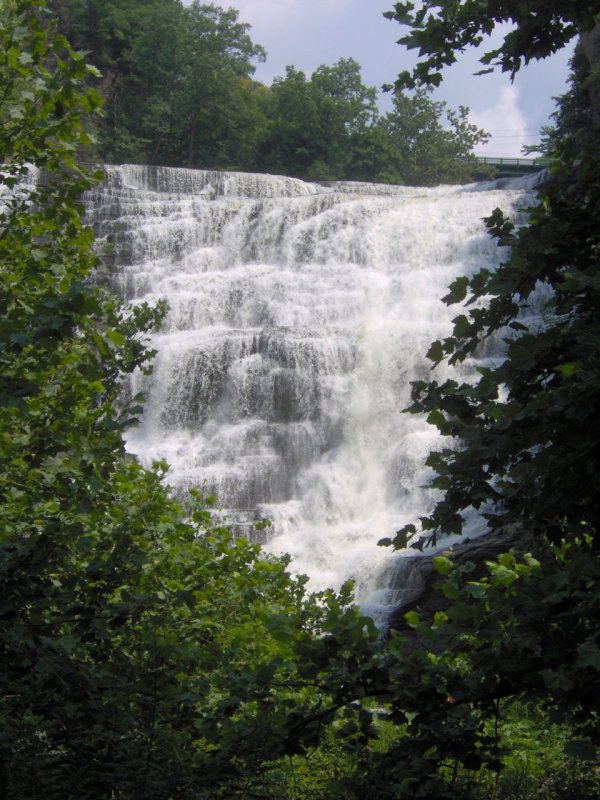Global Warming Makes Oceans Less Salty
Since 1960, the oceans have been getting less salty, due to the influx of fresh water from melting glaciers and from increased rainfall. Both of these factors are attributed to global warming.
Because water with lower salinity is less dense, adding fresh water may affect ocean flows like the "conveyor belt" – a system of Atlantic currents that exchanges cold water in the Arctic region for warm water from the tropics.
The top part of this conveyor is made of warm ocean currents, like the Gulf Stream, flowing northward along the surface. At high latitudes, this water cools and sinks – releasing its heat to the atmosphere and making for moderate winter climates in places like England.
Deep, cold currents return some of the water to the south.
Slight changes in the currents -- both seasonal and longer-term variations -- affect everything from hurricane formation to droughts and heat waves.
See the full article on YahooNews. Permalink 2:40 PM




